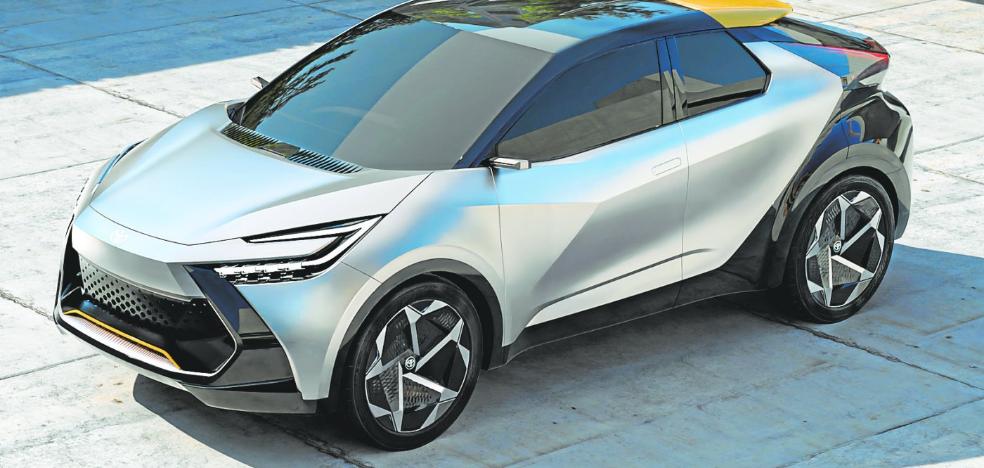It is official. The Commission, the Parliament and the Council of the European Union have reached an agreement to reduce CO2 emissions from cars and vans by 100% by 2035, effectively banning the sale of vehicles with combustion engines.
This measure comes with intermediate goals, such as:
the 55% emission reduction by 2030compared to the figure for 2021. According to figures from the Association of Automobile Manufacturers of Europe (ACEA), one in five cars sold on the continent in 2021 was a plug-in.
By the end of the decade, they expect this figure to rise to 60% of the sales mix. This would mean that the European Union will become the region in the world with the highest adoption of zero-emission mobility, something it is moving towards with the construction of giga factories and the allocation of electric models.
“This unprecedented decision has unfathomable consequences,” said BMW ACEA Chairman and CEO,
Oliver Zipse. “The European car industry faces the challenge of delivering these electric cars, but we want to see that the conditions are met to achieve the ambitious goals: renewable energy in abundance, a public and private charging infrastructure, as well as access to raw materials » .
From the environmental association Transport & Environment (T&E): “The EU needs a solid industrial strategy that requires the use of local components in the production of EVs and batteries,
to ensure that car manufacturers in the Union remain at the forefront to lead the global race in this kind of green technology.”
According to the person in charge of electromobility of the organization,
Julia Poliscanova“It is imperative that manufacturers produce more electric vehicles and batteries within Europe. On the demand side, policies are needed to give low-income families access to electric cars.”
ACEA members are calling for a mid-term review of yesterday’s approved CO2 targets to assess whether the targets set in terms of electricity market shares or charging infrastructure development are being met.
Previously, the association had a 55% reduction in 2030 if
“too aggressive”, which would have required the installation of seven million charging points. For this reason, they had suggested 2028 as a tentative date to reassess the decarbonization plans.
From ACEA, they are considering the use of synthetic fuels as an alternative to the fleet of thermal cars that is still circulating in the European fleet. In the words of the CEO of the organization,
Sigrid de Vries: “Technological neutrality is essential for European industry to remain agile in responding to changing circumstances.”
Source: La Verdad
I am Ida Scott, a journalist and content author with a passion for uncovering the truth. I have been writing professionally for Today Times Live since 2020 and specialize in political news. My career began when I was just 17; I had already developed a knack for research and an eye for detail which made me stand out from my peers.



